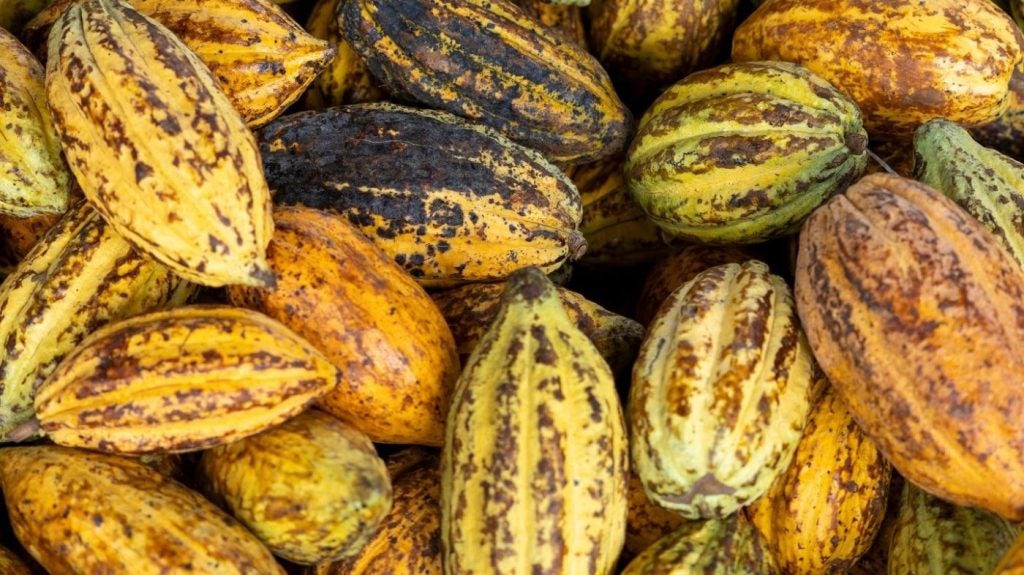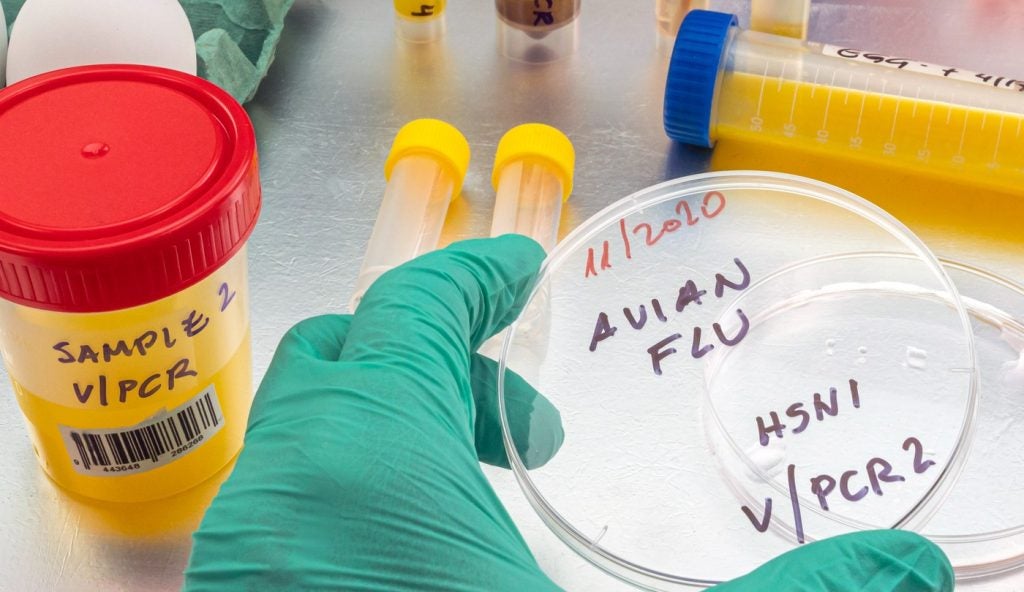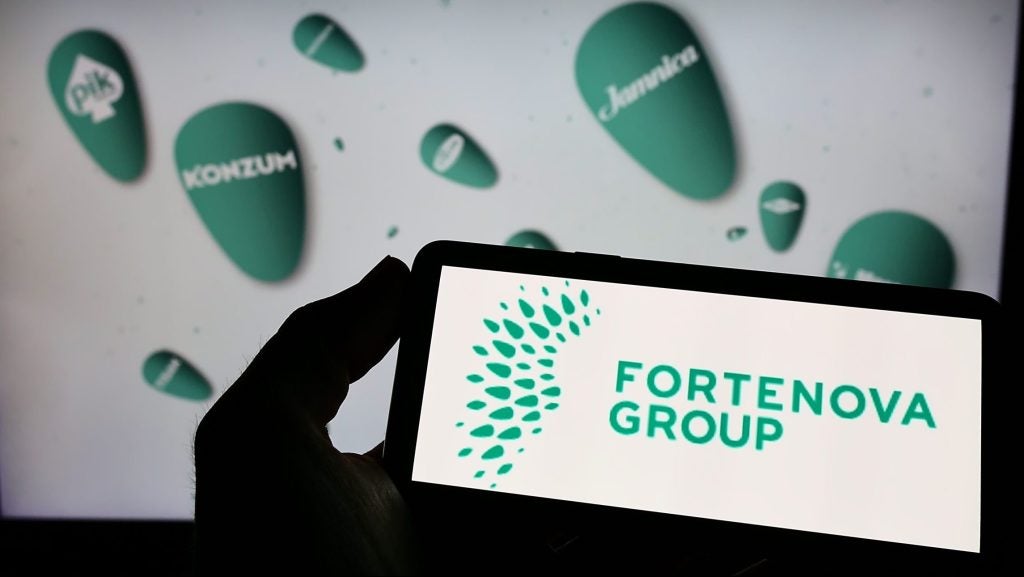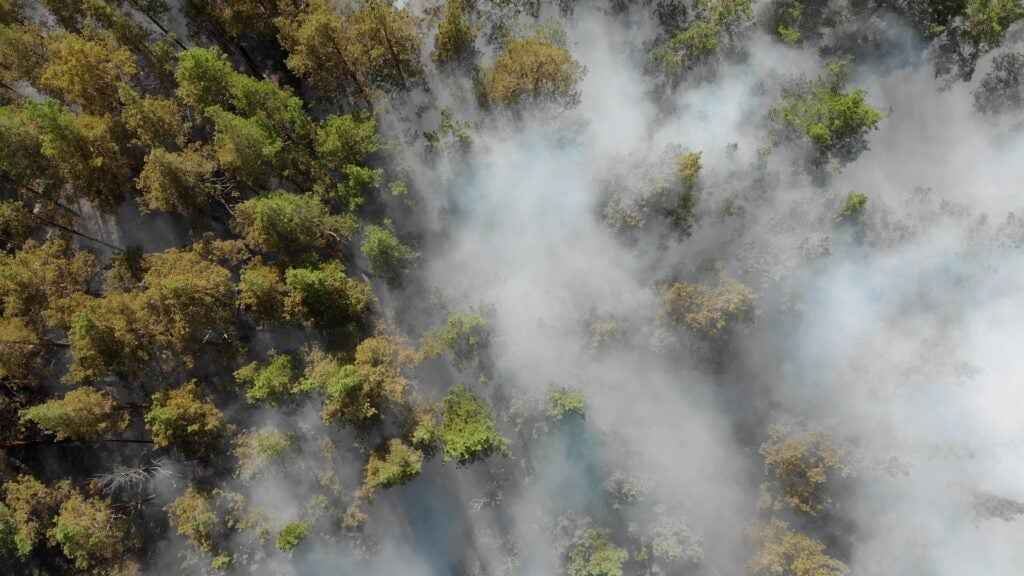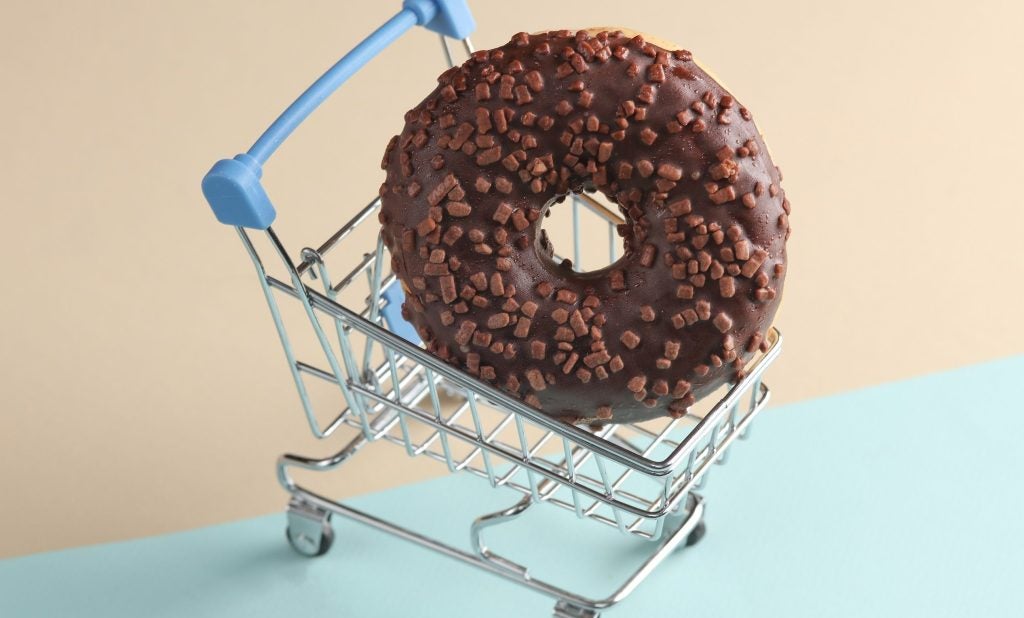The Côte d’Ivoire government has increased the farmgate price of cocoa beans by 50%.
Kobenan Kouassi Adjoumani, the National Minister of State, Agriculture and Rural Development and Food Production, announced the price would rise from CFA Fr1,000 ($1.64) per kilo to CFA Fr1,500.
Côte d’Ivoire is the world's biggest producer of cocoa. Around 40% of cocoa beans globally come from the country, while 15% come from Ghana. In recent weeks, cocoa futures have hit record highs due to pressure on global supplies from crop disease and poor weather.
In a statement, Adjoumani said: “If the dynamic of the rise in world prices continues like this, we will still have very good news to announce to you.”
The new price was reportedly finalised over the weekend, five unnamed export companies told Reuters.
The sources added Côte d’Ivoire President Alassane Ouattara had initially given the go-ahead for a new cocoa price ranging between CFA Fr1,100 to CFA Fr1,200 but changed his mind.
Gerard Stapleton, global agribusiness analyst at GlobalData, Just Food's parent said the price increase is likely to encourage growers to try to up production.
"Ultimately it should encourage farmers to increase their output, compared to the previous farmgate price level," Stapleton said.
[Link src="https://www.just-food.com/features/cocoa-prices-continue-to-rise-when-might-the-tide-turn/" title="Cocoa prices continue to rise. When might the tide turn?" font-size="20px"Two diseases – black pod disease and cacao swollen chute virus – have hit cacao trees on recent quarters. They had been present in Ghana in recent years and have now spread to Cote d’Ivoire.
Increasing rainfall has been blamed in part for the spread of disease, particularly as Cote d’Ivoire experienced twice its normal levels of rainfall in July 2023 – unusual in the middle of the year.
Stapleton added: "Increased supply should be bearish for international prices i.e. reduce the supply/demand deficit. But, for those Ivorian farmers whose crop yield is impacted by disease, it may not make much difference to their output, particularly in the short term."


